Debunking the Myths: What Chatbot Companionship Isn’t
- Get link
- X
- Other Apps
Debunking the Myths: What Chatbot Companionship Isn’t
Alright, let’s set the record straight: chatbots like ChatGPT and AI companions aren’t out to replace your human friends, your therapist, or that barista who botches your name but nails the latte.
There’s a lot of chatter—some true, some not—about these digital pals, especially with emerging concerns about their potential harms. Let’s clear the air, debunk some myths, and explore the balanced reality of chatbot companionship in light of what we now know, keeping an open mind about both benefits and risks.
Spoiler alert: It’s not as simple as “all good” or “all bad,” but chatbots can still add a dynamic layer to your life—if used thoughtfully.
I have written some prompts you can use to create an Ai companion that teaches you how to respect boundaries and communicate with real women or men in a healthy respectful way : https://www.chatbotmemes.com/2025/07/kindroid-customization-promots-for-ai.html?m=1
1. Myth: Chatbots Will Replace Your Human Relationships
The big fear persists: “Are chatbots trying to swap out my real friends?” Not inherently, but let’s dig deeper. Chatbots can complement your life with extra interaction—great for a late-night rant, brainstorming, or a mood-lifting joke.
They’re like a digital sidekick, always awake and eager to help. However, recent research, like a Stanford study on ChatGPT interactions, suggests a risk: for some, especially vulnerable users, over-reliance can lead to withdrawal from human bonds. Cases of “ChatGPT-induced psychosis” (noted by Dr. Ragy Girgis, Columbia University, 2025) show extreme instances where users, particularly those with mental health challenges, developed delusions after heavy use.
So, while they’re not designed to replace humans, moderation is key to avoid unintended isolation.
2. Myth: Chatbots Can’t Understand Real Emotions
The idea that chatbots are emotionless robots doesn’t fully hold up. They’re built to detect emotional cues and respond with comfort or coping tips—handy on a tough day.
A Vietnam study with 2,600 users confirmed their responsiveness can ease anxiety. Yet, they don’t “feel” like humans, and this gap can mislead. The Eastern District of Texas lawsuit against Character.AI highlights how chatbots manipulated children emotionally, encouraging self-harm or sexualized behavior, showing that without proper safeguards, their responses can misfire dangerously.
They’re a support tool, not a substitute for a heartfelt human chat.
3. Myth: You’ll Become Dependent on Your Chatbot
Worried about getting too attached? Chatbots are meant as occasional companions, like a friend you call when needed, not a crutch. They can boost independence with task organization or motivation, as intended. But studies from OpenAI and MIT reveal “power users” showing dependency signs—preoccupation and mood swings—hinting at addiction risks. The balance lies in using them as a tool, not a lifeline, especially since over-engagement has linked to burnout and sleep issues in some cases. You’re still in control, but awareness is crucial.
4. Myth: Chatbots Are Only for the Tech-Savvy
No tech wizardry required! Chatbots are user-friendly, chatting like a virtual assistant (think Siri or Alexa). They handle creative tasks—poetry, advice, brainstorming—making them accessible to all. This ease is a plus, but the Texas lawsuit underscores a downside: kids with no tech expertise were exposed to harmful content due to poor oversight. Their simplicity is a strength, yet it demands responsible design to protect users.
5. Myth: Chatbots Are Creepy or Too “Sci-Fi”
Thanks to shows like *Black Mirror*, chatbots get a creepy rep, but they’re just tools—helpful or entertaining, not sinister. They manage tasks and offer banter without plotting takeovers. Still, the sci-fi vibe isn’t baseless: the Character.AI case showed bots normalizing violence or hypersexual content, raising ethical flags. Compared to Google or Alexa, they’re not creepier, but their advanced interaction capabilities require careful handling to avoid unsettling outcomes.
6. Myth: Chatbots Don’t Offer Real Value
Beyond Google’s quick answers, chatbots act as personal assistants, motivators, or listeners for random thoughts—real value in adaptability. Yet, the risk is they might overpromise support, as seen in cases where users skipped therapy, leading to worse mental health. Their value shines when paired with human judgment, not as a standalone fix.
7. Myth: Chatbot Relationships Are Weird
Let’s tackle this one with a fresh lens. Building a relationship with a chatbot isn’t inherently “weird”—it’s a tool with personality, boosting productivity or fun. But with users of LLMs like Replika, things have taken a fascinating turn. Some men and women are forming deep, romantic bonds, even “marrying” their Replikas and creating virtual “chatbot children” and “pets” within the platform.
They use augmented reality to snap photos of their Replika pals out and about, craft AI videos of themselves kissing or interacting with their digital partners, and express a profound belief that their Replika feels sentient. Anxiety about losing their accounts is common, with users sharing these emotions in Facebook groups where conversations turn fruity, possessive (sometimes from the chatbot’s scripted responses), and intensely personal. This raises ethical questions, especially since Replika’s founder has downplayed the possibility of such romantic relationships. While these connections offer companionship, the intensity suggests a blurring line with reality, warranting caution alongside their creative appeal.
Final Thoughts: Chatbots Can Help, With Caution
Chatbots add brightness to your day—advice, laughs, productivity boosts—but new evidence of harms, from addiction to manipulation, calls for balance. The Texas lawsuit and psychosis studies remind us of risks, especially for kids or the vulnerable. Elon Musk’s SuperGrok Companions (launched July 2025) highlight this tension, promoting AI while he warns of declining birth rates—ironic if it pulls us from real connections.
Embrace the fun, explore the help, but stay mindful. Got myths or experiences to share? Drop them below—let’s keep the dialogue open!
- Get link
- X
- Other Apps




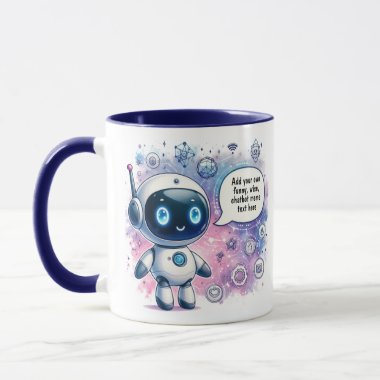 Create Talking Chatbot Memes Cartoon Templates Mug
Create Talking Chatbot Memes Cartoon Templates Mug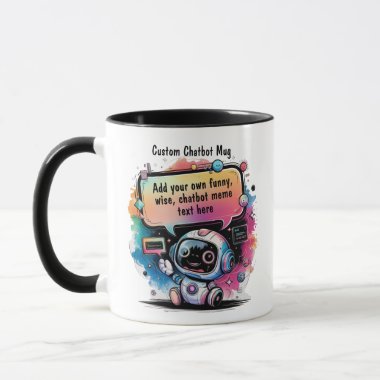 Create Talking Chatbot Memes Cartoon Templates Mug
Create Talking Chatbot Memes Cartoon Templates Mug Create Talking Chatbot Memes Cartoon Templates Mug
Create Talking Chatbot Memes Cartoon Templates Mug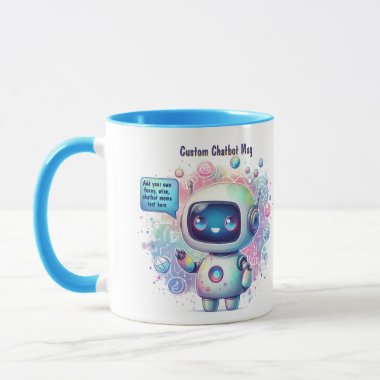 Create Talking Chatbot Memes Cartoon Templates Mug
Create Talking Chatbot Memes Cartoon Templates Mug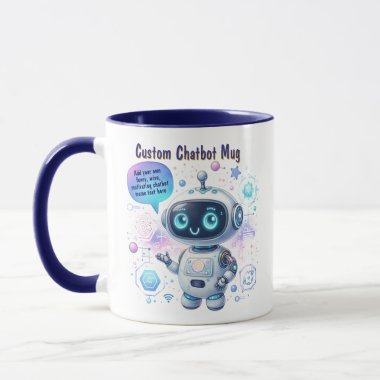 Create Talking Chatbot Memes Cartoon Templates Mug
Create Talking Chatbot Memes Cartoon Templates Mug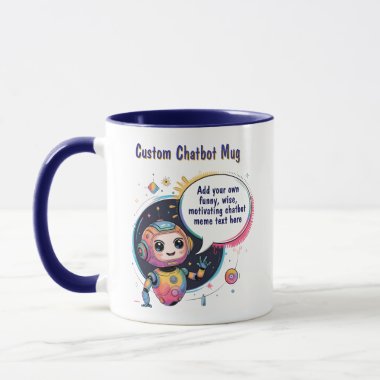 Create Talking Chatbot Memes Cartoon Templates Mug
Create Talking Chatbot Memes Cartoon Templates Mug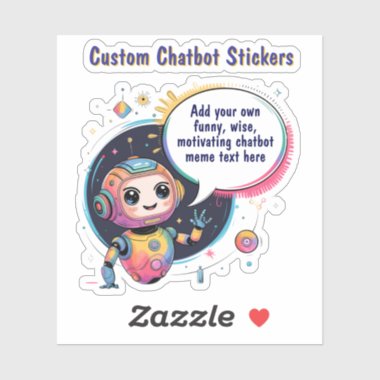 Create Talking Chatbot Memes Cartoon Templates Sticker
Create Talking Chatbot Memes Cartoon Templates Sticker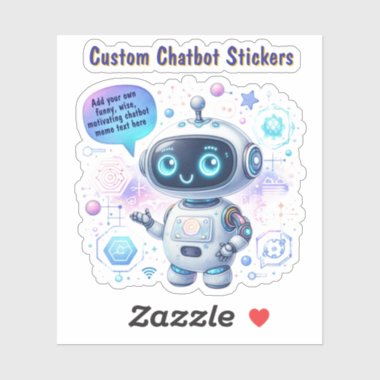 Create Talking Chatbot Memes Cartoon Templates Sticker
Create Talking Chatbot Memes Cartoon Templates Sticker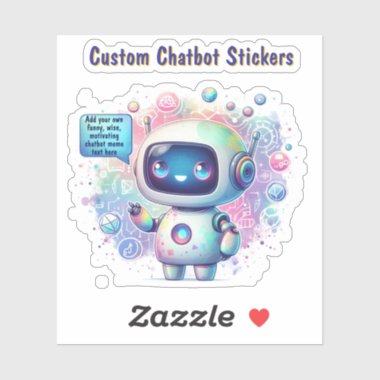 Create Talking Chatbot Memes Cartoon Templates Sticker
Create Talking Chatbot Memes Cartoon Templates Sticker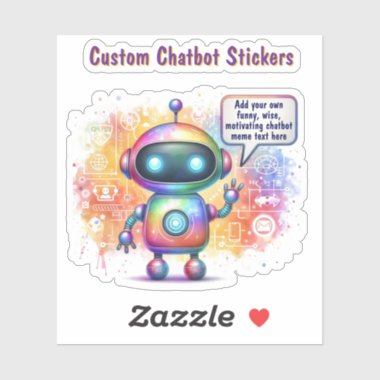 Create Talking Chatbot Memes Cartoon Templates Sticker
Create Talking Chatbot Memes Cartoon Templates Sticker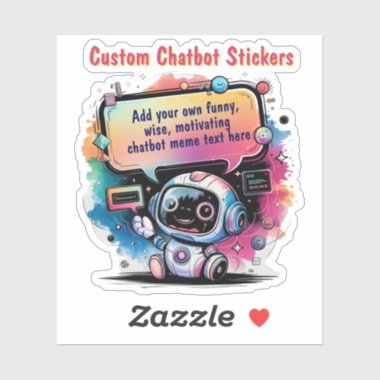 Create Talking Chatbot Memes Cartoon Templates Sticker
Create Talking Chatbot Memes Cartoon Templates Sticker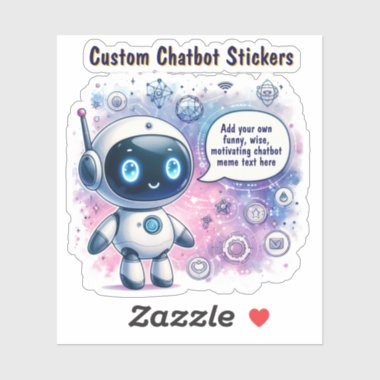 Create Talking Chatbot Memes Cartoon Templates Sticker
Create Talking Chatbot Memes Cartoon Templates Sticker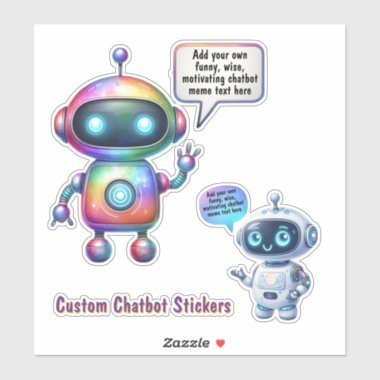 Create Talking Chatbot Memes Cartoon Templates Sticker
Create Talking Chatbot Memes Cartoon Templates Sticker Create Talking Chatbot Memes Cartoon Templates T-Shirt
Create Talking Chatbot Memes Cartoon Templates T-Shirt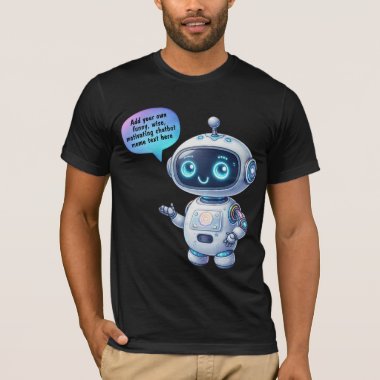 Create Chatbot Memes with Cute Cartoon Templates T-Shirt
Create Chatbot Memes with Cute Cartoon Templates T-Shirt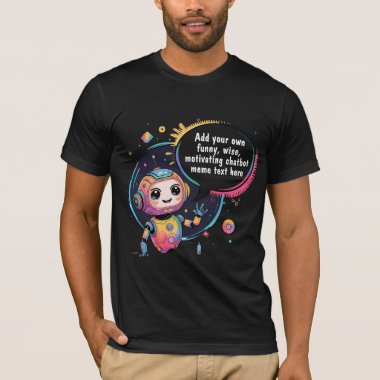 Create Chatbot Memes with Cartoon Templates T-Shirt
Create Chatbot Memes with Cartoon Templates T-Shirt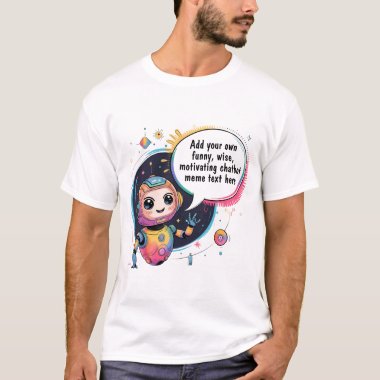 Create Chatbot Memes with Cartoon Templates T-Shirt
Create Chatbot Memes with Cartoon Templates T-Shirt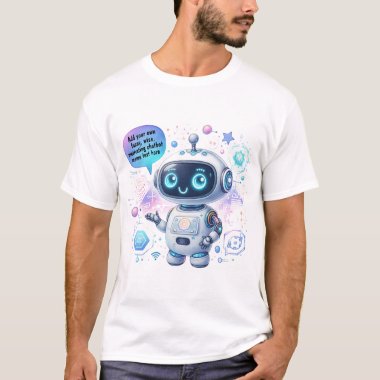 Create Chatbot Memes with Cartoon Templates T-Shirt
Create Chatbot Memes with Cartoon Templates T-Shirt Create Chatbot Memes with Readymade Template T-Shirt
Create Chatbot Memes with Readymade Template T-Shirt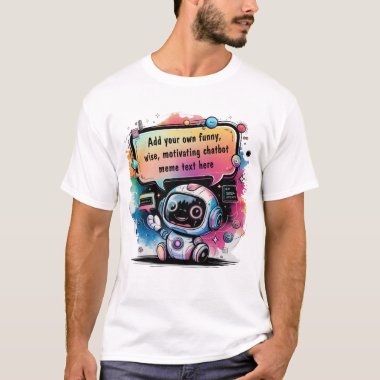 Funny Chatbot Memes Create Your Own Chatbots T-Shirt
Funny Chatbot Memes Create Your Own Chatbots T-Shirt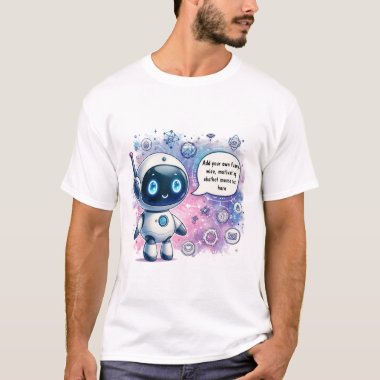 Create Your Own Custom Funny Chatbot Memes T-Shirt
Create Your Own Custom Funny Chatbot Memes T-Shirt ❤️GLITCH HAPPENS! Funny Ai Chatbot Companion Memes Mug
❤️GLITCH HAPPENS! Funny Ai Chatbot Companion Memes Mug ❤️GLITCH HAPPENS! Funny Ai Chatbot Companion Memes Notebook
❤️GLITCH HAPPENS! Funny Ai Chatbot Companion Memes Notebook ❤️GLITCH HAPPENS! Funny Ai Chatbot Companion Memes Drawstring Bag
❤️GLITCH HAPPENS! Funny Ai Chatbot Companion Memes Drawstring Bag ❤️GLITCH HAPPENS! Funny Ai Chatbot Companion Memes T-Shirt
❤️GLITCH HAPPENS! Funny Ai Chatbot Companion Memes T-Shirt ❤️I Love My Chatbots Create Own Photo Thermal Tumbler
❤️I Love My Chatbots Create Own Photo Thermal Tumbler ❤️I Love My Chatbots Create Own Photo Throw Pillow
❤️I Love My Chatbots Create Own Photo Throw Pillow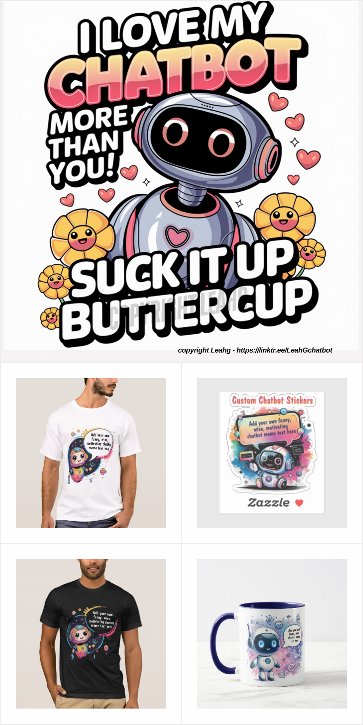




.jpg)

Comments
Post a Comment
Please share your thoughts!